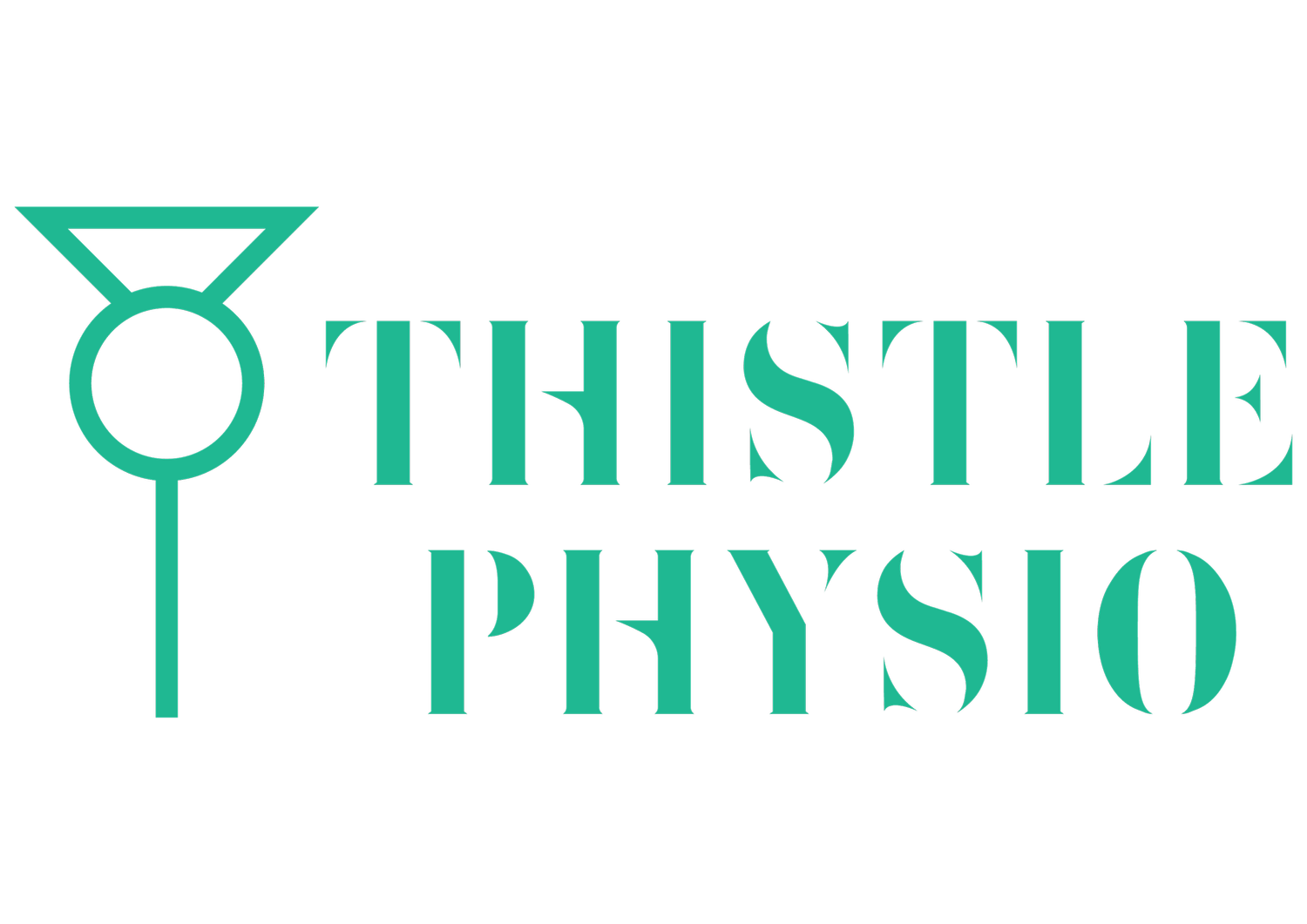Managing Knee Osteoarthritis
Knee osteoarthritis (OA) is a debilitating condition affecting millions of people worldwide. It can impact your daily activities and diminish your overall quality of life. This blog sheds a light on the primary causes of knee osteoarthritis, before delving into the effective rehabilitation strategies you can undertake to manage and alleviate your symptoms.
The Primary Causes
Ageing: One of the most prevalent factors contributing to knee osteoarthritis is the natural aging process. As we age, the cartilage in our joints, including the knee, tends to degenerate, with osteoarthritis developing as a result.
Joint injuries: If you’ve had traumatic injuries, such as fractures or ligament tears, this significantly increases the risk of developing knee osteoarthritis.
Weight: Excess body weight places additional stress on the knee joints, accelerating wear-and-tear. Weight management is a crucial aspect of preventing and managing knee osteoarthritis.
Genetics: Some people are genetically predisposed to developing osteoarthritis. If you have a family history of the condition, you should be proactive in adopting preventive measures and seeking early intervention.
Physiotherapy Rehabilitation Strategies
Range of motion exercises: Physiotherapy plays a pivotal role in managing knee osteoarthritis. By using range of motion exercises, you can help maintain flexibility and reduce stiffness in the affected joint. These exercises can be tailored to your specific needs, with a view to gradually improving joint mobility.
Strengthening exercises: Targeted strengthening exercises aim to build muscle around the knee, providing additional support to the joint. Strengthening the muscles helps alleviate some of the stress on the affected area, contributing to pain reduction.
Low-impact aerobic activities: Engaging in low-impact aerobic exercises, such as swimming or cycling, can enhance your cardiovascular health without putting excessive strain on your knees. These activities promote overall fitness, while also contributing to weight management.
Pain management strategies: We can employ various pain management techniques such as manual therapy, taping or acupuncture to try to alleviate discomfort and improve your overall wellbeing when living with knee osteoarthritis.
While knee osteoarthritis poses significant challenges, a proactive and personalised approach to physiotherapy can make a substantial difference in managing your symptoms and improving your quality of life. By addressing the primary causes and adopting targeted rehabilitation, you’ll be on the right track towards enhanced mobility, reduced pain, and a more active lifestyle. With the right guidance, anyone can take control of their knee osteoarthritis and lead a fulfilling life.
